The Housing Crisis Takes Center Stage
With the conviction of someone who has work to present, António Miguel Pina is quick to identify the first "dramatic" problem that needs solving: housing. For this, he proposes building a thousand more houses. "It's a lie, they won't manage to build a thousand houses. It's utopian," says the Chega candidate, who also protests against Cristóvão Norte's proposal, which only aims to build 500 more homes. For the PSD candidate, it is essential to ensure affordable housing "so that people don't have to make such a significant effort that forces them to choose between what they eat and their rent." Pedro Pinto's idea is different: he wants to reuse derelict houses in the center of Faro.
Public Space Neglect: A Shared Concern
Another problem identified by the three candidates is the care of public space, especially the sidewalks. Campaigning in the Patacão area, António Miguel Pina laments the state of the streets and guarantees that "everyone complains about the lack of care in the city and its towns." To this, Cristóvão Norte adds that it is necessary to rethink sidewalks also for those with reduced mobility. "Neighborhood by neighborhood," he wants to create a corridor that ensures "a pedestrian access that is more inviting and with less risk for people." "For me, a step is not an obstacle," he explains, "but for a person in a wheelchair, a step is like a building." Pedro Pinto also laments the state of public space in Faro: "The sidewalks are not fixed, the streets are dirty, the gardens don't have green spaces."
Voter Priorities: Housing, Immigration, and Safety
But are these the main concerns of the city's inhabitants? Yes and no. On one hand, everyone complains about the rise in housing prices. But Henrique André, for example, believes that the affordable housing promises from PSD and PS are already having a direct consequence: the increase in the Roma population in the municipality. Carla Morgadinho, who even likes Chega's opposition role, believes that this will only generate more confusion. And she agrees that Roma people should be forced to work, although she admits that they will hardly find anyone to give them a job. Neither Henrique nor Carla feel unsafe on the streets, but Narciso, further from the center of Faro, cannot say the same. "Any day now we won't be able to go out on the street at night," he emphasizes. He points to the other side of the street and identifies the person responsible for that situation: "The Indians."
Widespread Feelings of Abandonment
This blaming, which is uttered by many in a lower tone, is common throughout the city. And when Narciso says it, those around him in the café nod in agreement. Whatever problems the population feels, the word "abandonment" appears in almost all responses. Abandonment of public space, abandonment by the political class, "who only come to spend holidays in the summer," or abandonment in relation to those who come from outside and seem to have an easier life than those who have always lived in Faro.
Chega's Stance on Illegal Immigration
The fight against illegal immigration is precisely one of the points where Pedro Pinto, the Chega candidate, feels most at ease. As at the national level, he argues that "there are many immigrants who are clearly not working, who are not doing anything." And like several voters, he does not hesitate to link the problem to the perception of insecurity.
Contrasting Views on Safety and Integration
On this topic, the social democrat Cristóvão Norte quotes Duarte Baltazar, the CDU candidate for Faro. "He said in a debate, and he's right, it's the phrase of the campaign: 'Faro is not Gotham City' [the fictional city from Batman comics, known for its violence]." That is, the feeling of insecurity may exist, but crime rates indicate the opposite. In any case, this perception must be combated, and for that reason, the coalition he leads wants more public lighting, more video surveillance, and more Municipal Police on the streets for deterrence purposes. But is this issue linked to immigration? "If we are on a dark street, I think people's main concern is not whether someone is an immigrant, it's the dark street, period. Now, I admit that significant changes of people in a social mosaic with people who don't understand the language, who you can't talk to, bring some anxieties that I believe are understandable."
Meanwhile, António Miguel Pina, the PS candidate, concedes that the problem exists in some points of the Faro municipality, like Patacão, but insists that the focus must be on working with the parish councils to bet on integration programs, for "teaching the language," and for "teaching our values, our way of being." One way to do this, he believes, is to get the Government to legislate to limit the excessive number of people per dwelling. These excesses "bring that feeling of insecurity, when 20, 30 people live in the same apartment."



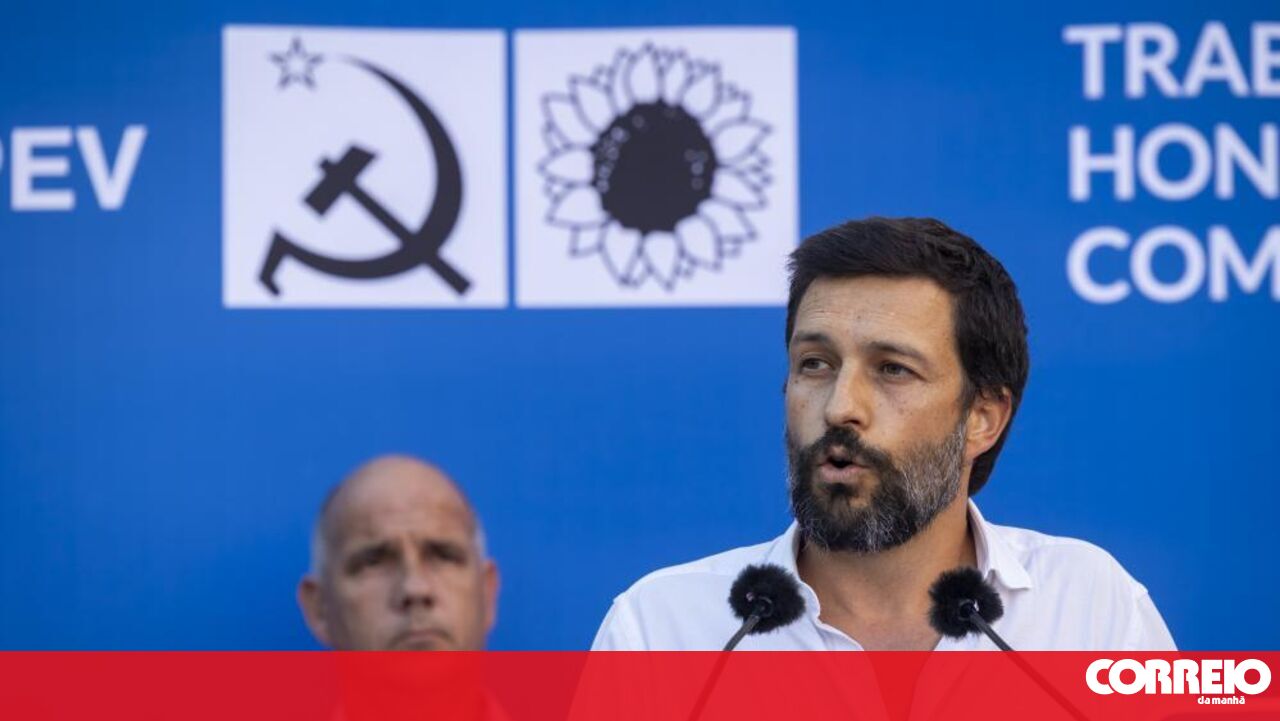


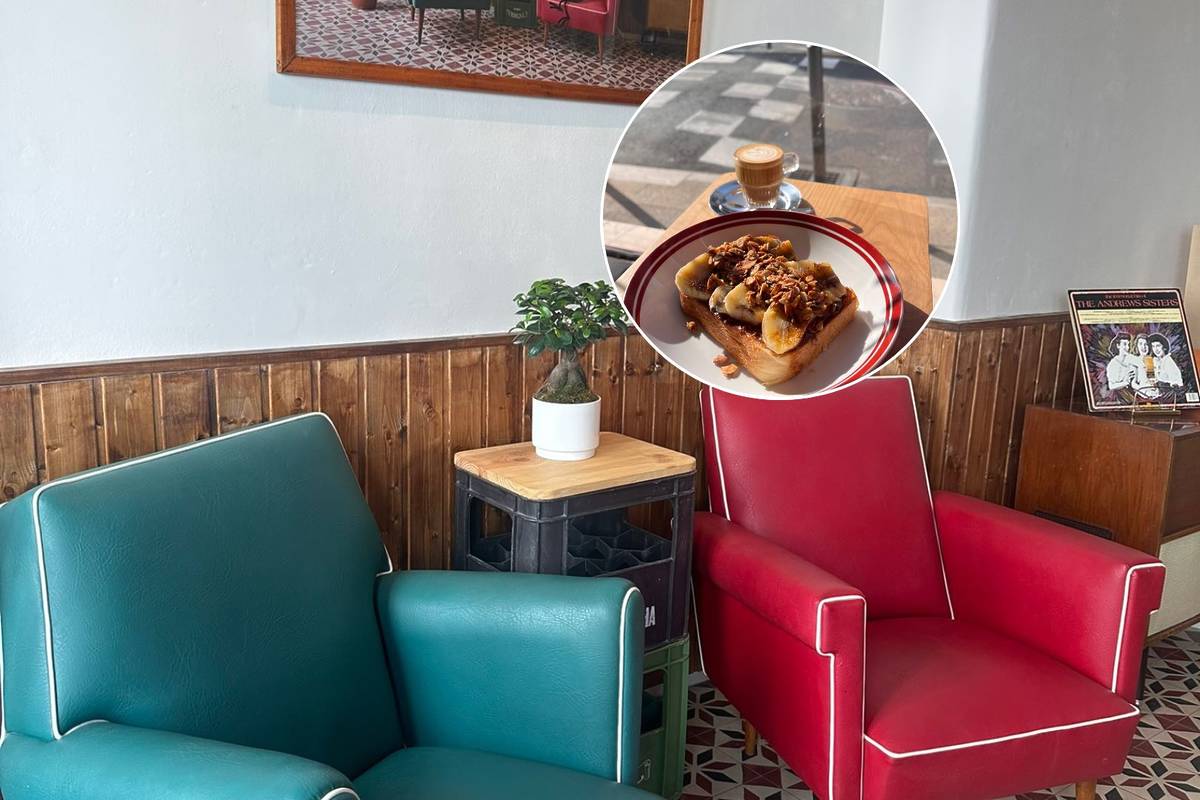
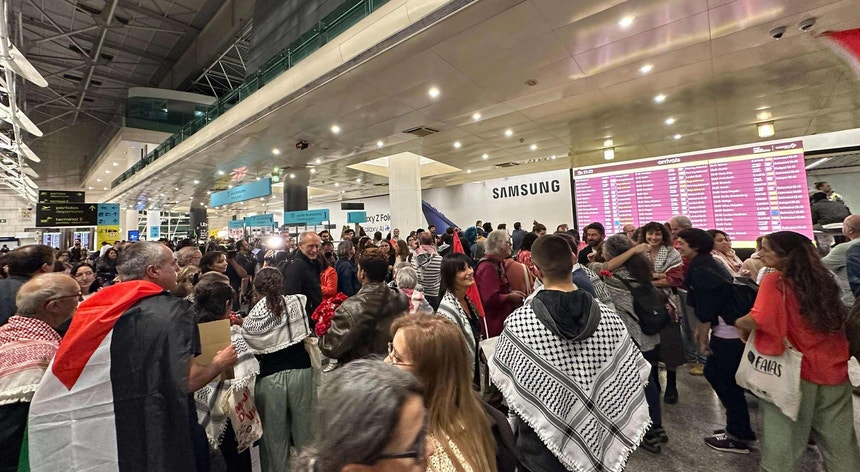



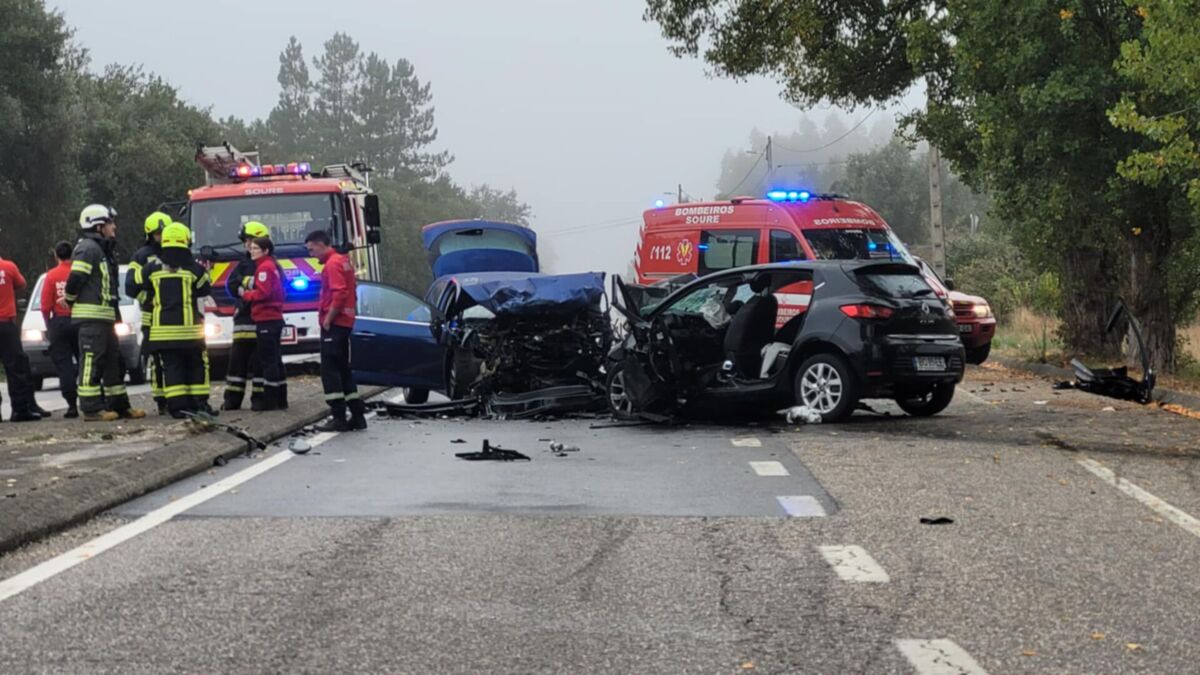


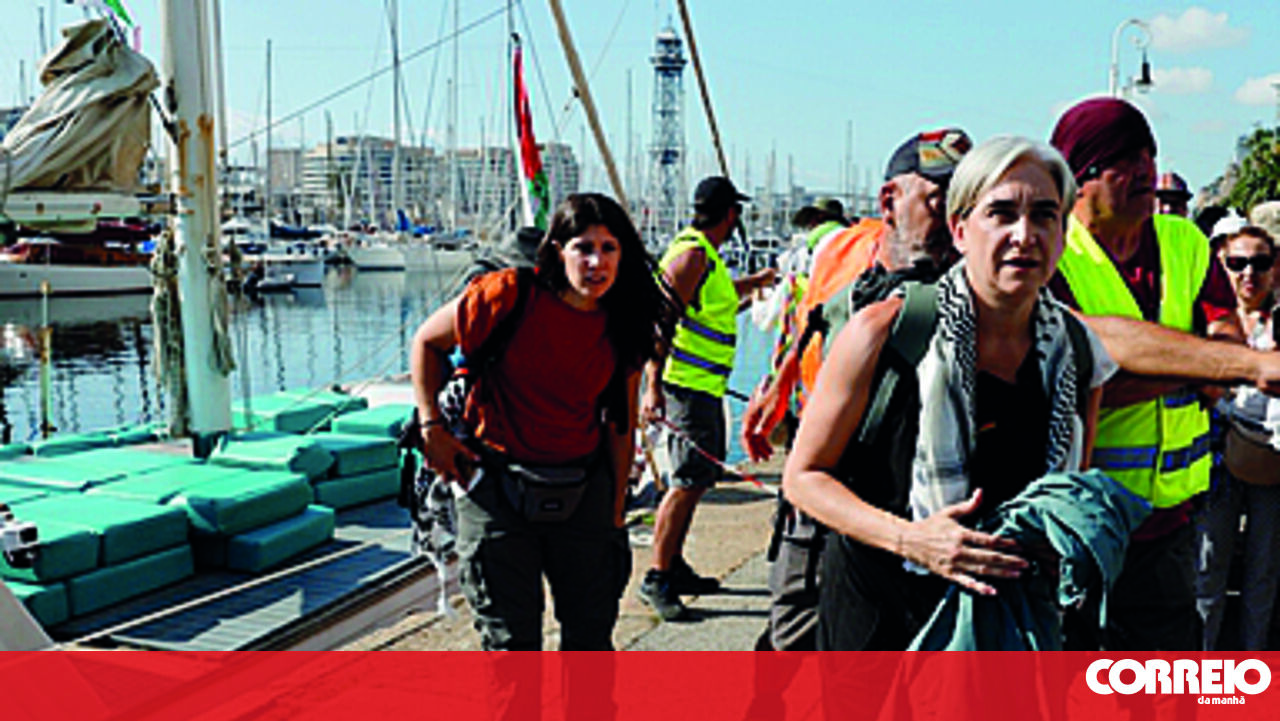
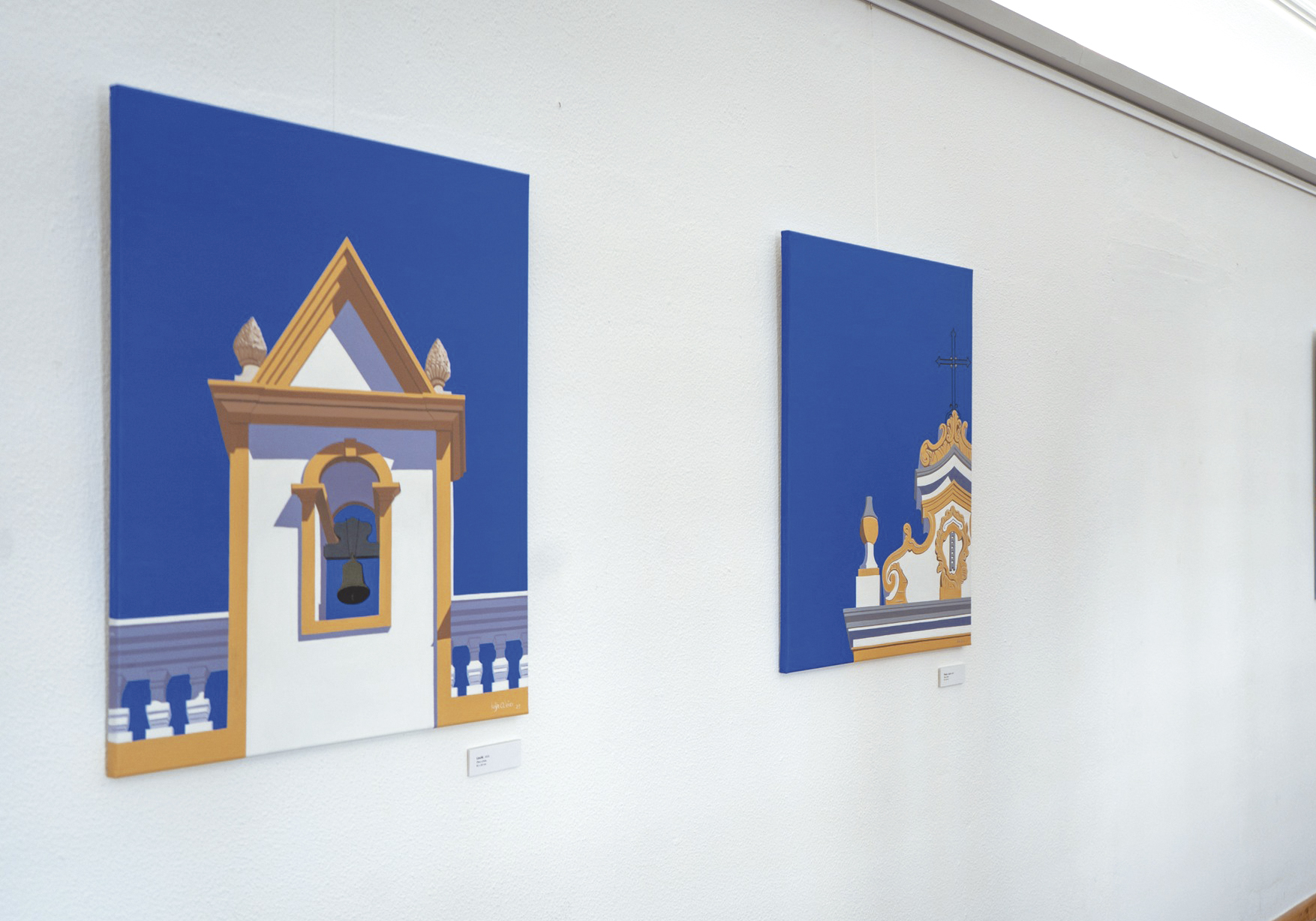
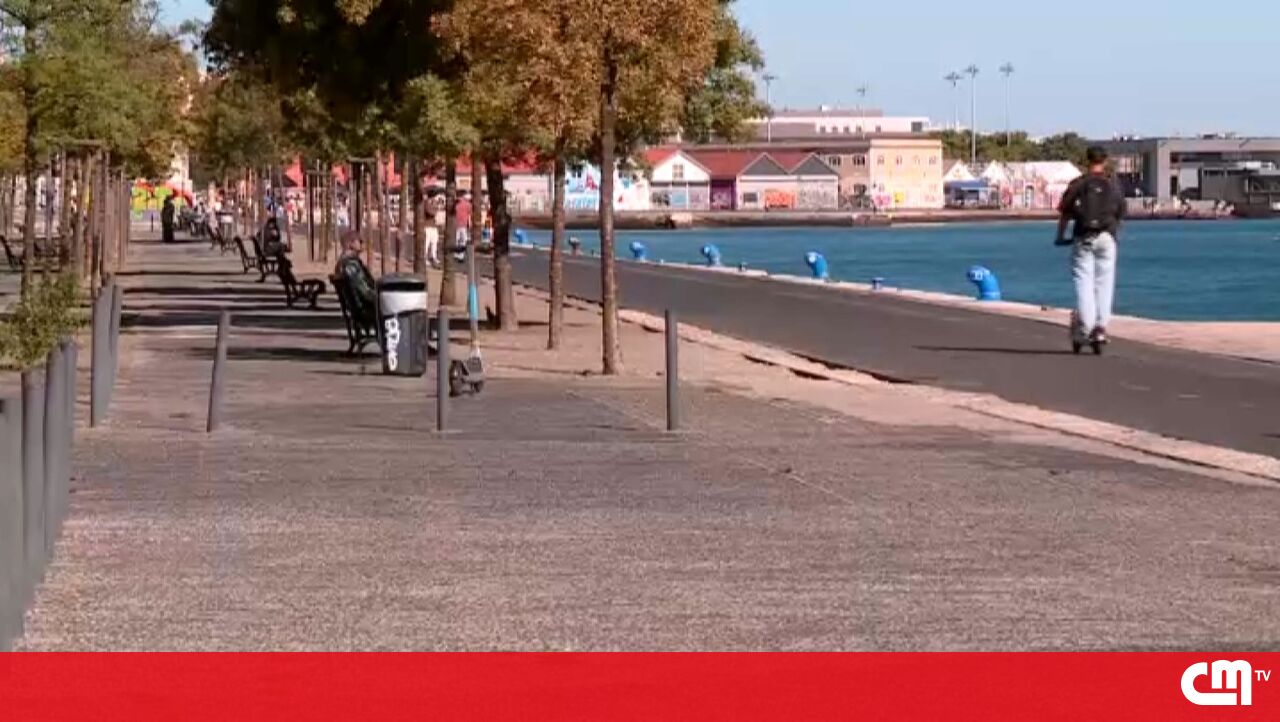
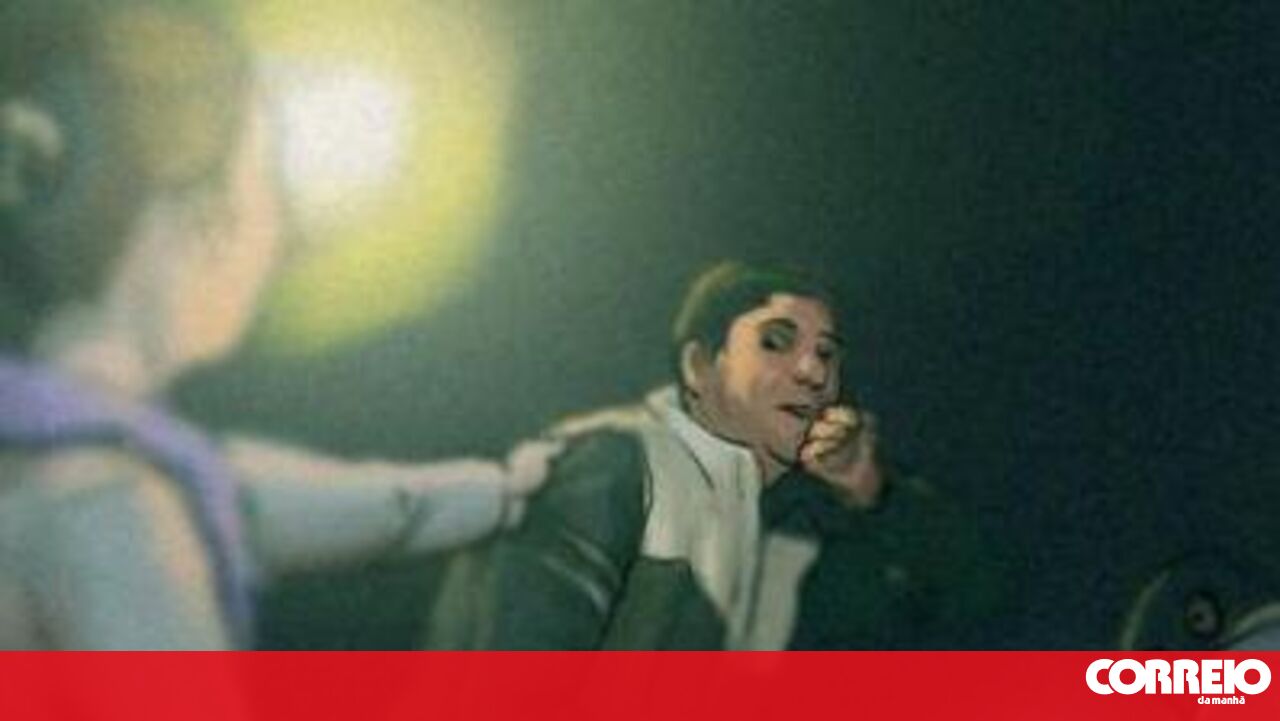
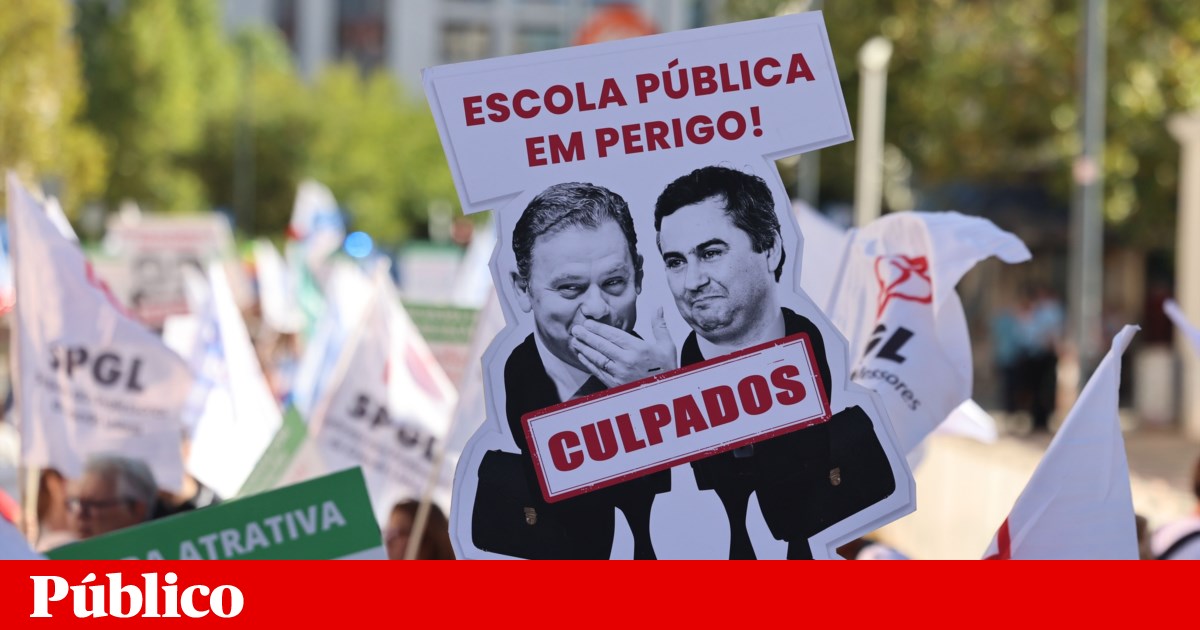
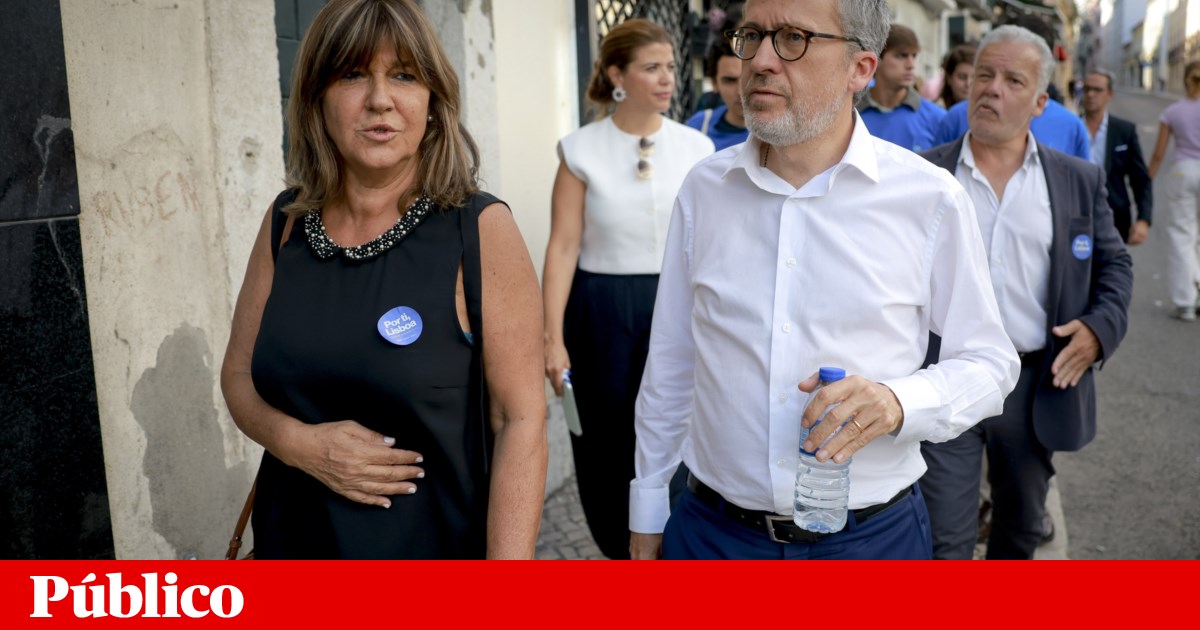
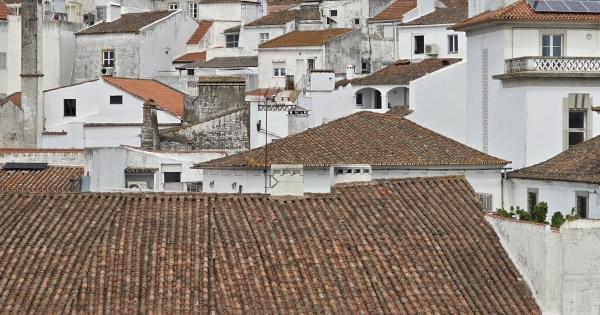
Comments
Join Our Community
Sign up to share your thoughts, engage with others, and become part of our growing community.
No comments yet
Be the first to share your thoughts and start the conversation!